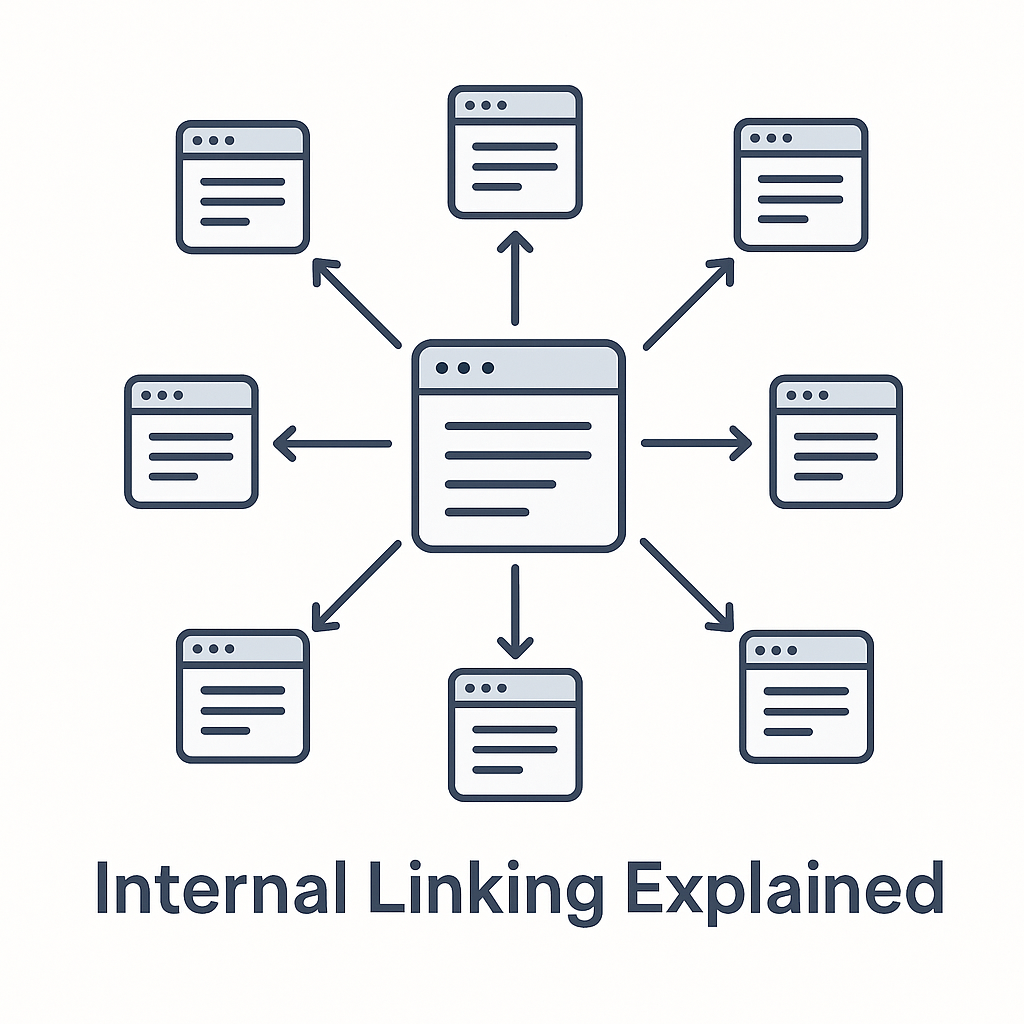When people think of Michael Jordan, they think of the greatest basketball player of all time — six championships, five MVPs, and a legacy that transformed the NBA forever. But what’s often forgotten is that most of Jordan’s wealth didn’t come from basketball at all. His real fortune was built through branding, business ownership, and long-term strategy — not just his game on the court.
🏀 The Basketball Salary — Great, But Not Life-Changing
During his playing career (1984–2003), Michael Jordan earned about $90 million in NBA salary — a huge number for his era, but small compared to modern contracts. For context:
In most of his early years with the Chicago Bulls, Jordan made under $4 million per season.His peak salary came in the late 1990s when he earned about $30 million per year for two seasons — record-breaking at the time, but only a fraction of his current wealth.
So how did he become a billionaire? The answer lies in one word: Nike.
The Jordan Brand Deal That Changed Sports Forever
In 1984, when Jordan was a rookie, Nike wasn’t the global powerhouse it is today. It was struggling to compete with Adidas and Converse. They offered Jordan a then-unheard-of deal:$500,000 per year for five years, plus stock options and royalties on shoes sold under his name.Jordan’s first signature shoe, the Air Jordan 1, was an instant cultural phenomenon. It was banned by the NBA for violating uniform rules, which only made it more popular. Sales exploded — and so did the partnership.
Today, the Jordan Brand is a multi-billion-dollar empire within Nike.In 2022 alone, it generated over $5 billion in revenue.
Michael Jordan earns an estimated 5% royalty on every sale — roughly $150 million to $200 million per year just from Nike.That means Jordan makes more in one year from sneakers than he ever made in his entire playing career.
Ownership: The Real Key to WealthIn 2010, Jordan made another masterstroke move — he became the majority owner of the Charlotte Hornets (now the Charlotte Hornets again after a temporary rebrand).
He reportedly paid around $275 million for the team. For years, critics mocked the investment, claiming the franchise wasn’t successful or profitable. But Jordan was playing the long game.
In 2023, he sold his majority stake for roughly $3 billion — giving him a massive return on investment and officially solidifying his billionaire status.
This move showed what Jordan understood better than most athletes:
True wealth comes from ownership, not employment.
Other Income Streams
Jordan’s business savvy didn’t stop there. Over the years, he’s built a diversified portfolio of endorsements, investments, and ventures:
Endorsements: Deals with Gatorade, Hanes, McDonald’s, Upper Deck, and Coca-Cola over the decades have added tens of millions to his net worth.Restaurants & Golf Courses: Jordan owns several upscale restaurants and golf courses, mainly in Chicago and Florida.
Investments: He’s been selective with his investments but tends to back companies with strong brand synergy — including a stake in the sports-betting company DraftKings.
📈 The Billionaire Formula
Let’s break down roughly how Jordan’s fortune was built:NBA Salary: ~$90 millionNike / Jordan Brand Royalties: ~$1.5+ billion (and counting)Charlotte Hornets Sale: ~$2.4 billion profitEndorsements & Business Ventures: ~$300–500 millionTotal Estimated Net Worth (2025): ~$3 billion+Jordan didn’t just make money — he built a system that earns money while he sleeps. His Nike royalties alone bring in more than most Fortune 500 CEOs make in a lifetime.
Michael Jordan’s story isn’t just about being a great athlete. It’s about turning fame into equity.
While most players chase contracts, Jordan chased ownership and brand control.While others spent their money, Jordan invested his name into something that would outlive his playing days.
His real genius was recognizing that the value of “Michael Jordan” extended far beyond basketball. He built a business empire around his identity, turning athletic success into generational wealth.
Michael Jordan didn’t just play basketball — he played capitalism at the highest level.He used his fame to build a brand.He used his brand to gain ownership.And he used ownership to create wealth that will last forever.
His journey is a reminder that talent opens the door, but strategy keeps it open. Jordan’s greatest legacy isn’t just on the court — it’s the business blueprint he left behind for every athlete, creator, and entrepreneur who dreams bigger than a paycheck.
